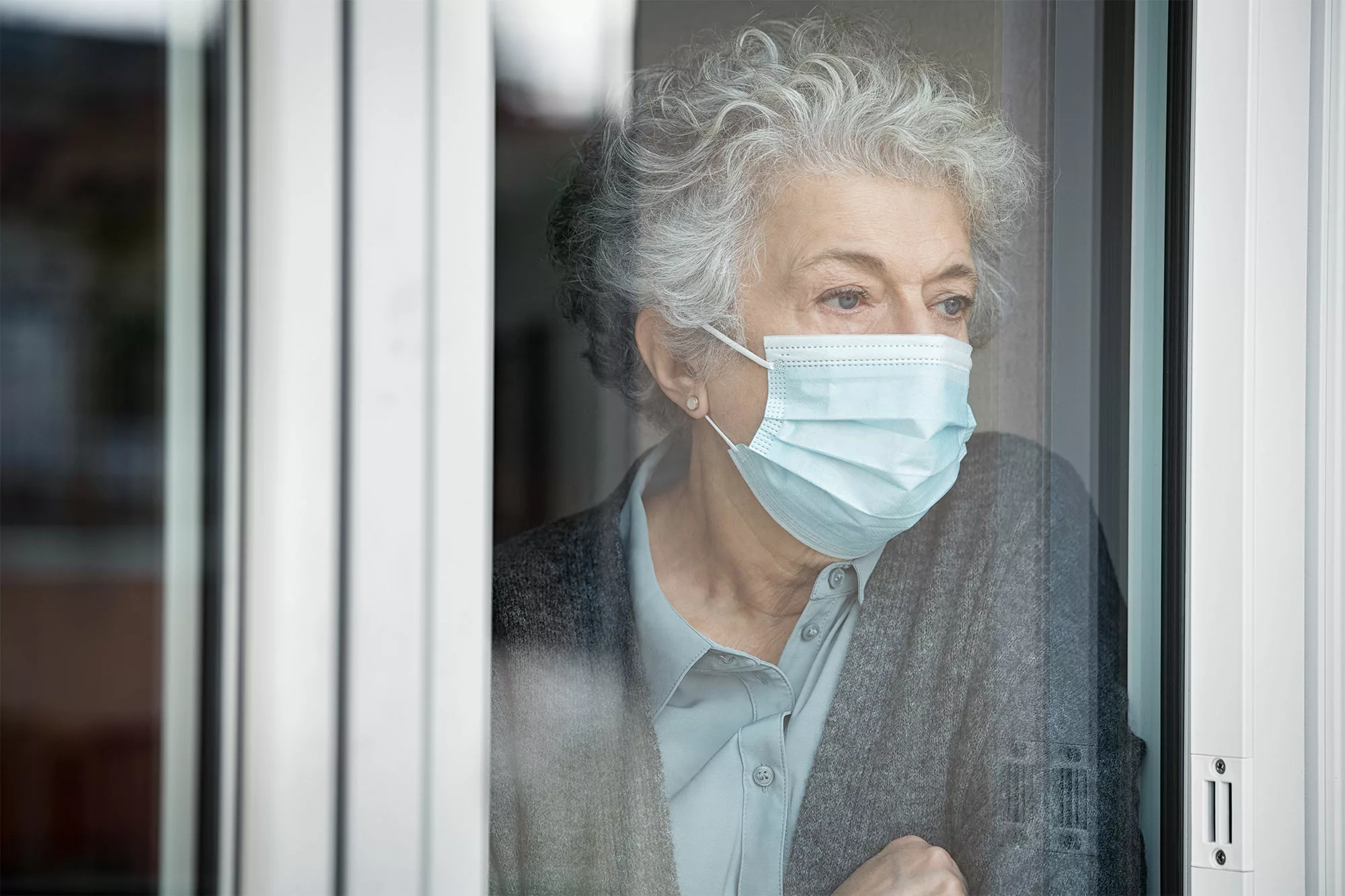
The worldwide impact of unprecedented social distancing during the Covid-19 pandemic may be impacting older adults disproportionally. Many older adults are often dependent upon family members and community services for assistance with routine activities. Before the COVID-19 pandemic, loneliness and isolation were found to be a “behavioral epidemic” across the USA, Europe and China. This trend was especially prevalent in the elderly who often live more limited lifestyles. COVID-19 social restrictions combined with this existing behavioral epidemic has been impactful on many older adults, and especially so for individuals with pre-existing potential for mental illness.
Loneliness, Social Isolation and Their Impacts on Health
It’s important first to distinguish feelings of loneliness from isolation. Isolation and social distancing do not equate to loneliness or social disconnection. Social isolation is a measurable assessment of individuals’ social contacts and interaction, whereas loneliness is often defined as the subjective feeling of being alone. Loneliness and isolation are not equal, but both can have a detrimental effect on health. Loneliness has been found to be associated with increased risk for heart disease. When combined with social isolation, loneliness has been found to factor into increased risk for coronary artery disease-associated death. This has been found to be true even with younger individuals without prior history of heart disease. Both loneliness and social isolation have been shown as independent risk factors for higher all-cause mortality.
There is a high cost associated with the essential quarantine and social distancing interventions for COVID-19, especially in older adults, who have experienced an acute, severe sense of social isolation and loneliness with potentially serious mental and physical health consequences. The impact may be disproportionately amplified in those with pre-existing mental illness, who are often suffering from loneliness and social isolation prior to the enhanced distancing from others imposed by the COVID-19 pandemic public health measures.
Tzung-Jeng Hwang and Associates
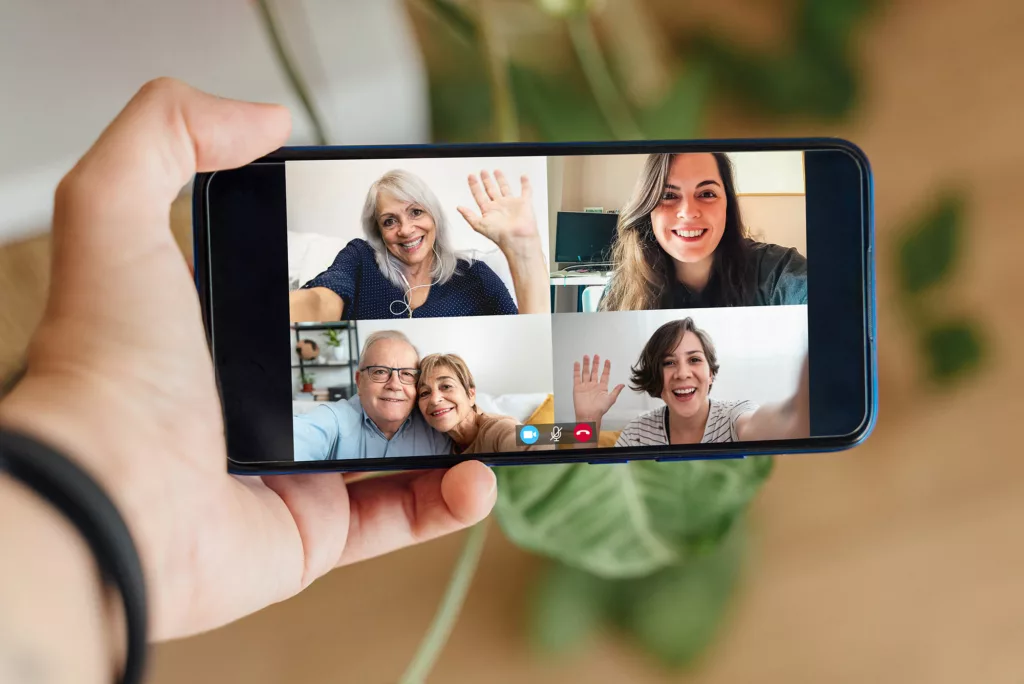
How to Combat Loneliness and Social Isolation
What can we do to prevent the detrimental effect of loneliness and social isolation in the face of these discouraging facts? Hearing health care providers are in a unique position to spend more time with patients than their primary care physician or other health care providers. During interviews with individuals having trouble hearing, hearing care professionals may uncover symptoms that may not otherwise be discussed with a physician.
Here are are several positive suggestions which may help avoid loneliness and social isolation:
Create a support network
Ensuring that basic needs such as food, medication, and telephone or tablet/computer availability is extremely important, especially for those who are living alone. Establish a support network of friends and family that can be readily available to assist with gathering these essentials. Your hearing health care professional can help you outline the best way to communicate your needs to others.
Maintain a regular structured daily routine
Find a routine that works for you and stick to it. Whether that’s 10 minutes of meditation before bed or going for a short walk, be consistent. And be sure to add in lots of hobbies that you enjoy! Participation in activities that are pleasurable adds benefits for physical, mental, and spiritual well-being.
Stay active
Maintain activities that support physical and mental wellness. Today’s hearing aids can monitor movement and social engagement. Logging these parameters may serve as motivation for the user to seek out movement and engagement. Plus, hearing aids with the Hear Share app can share your activities with chosen family members and friends. Maybe you’ll inspire someone else!
Stay connected with technology
Technology is a big help with social connections. When routine visits are limited, telephone communication or Zoom and Skype connections can help sustain family and friend connections. Hearing aids today not only have the option for telecoils but have wireless connections with more Android and Apple devices than ever. If face-to-face communication is limited, difficulties may be solved by designing a good technological solution.
Hearing health care professionals are responsible for helping with devices and the techniques necessary for effective communication. As such, they are a resource for advice beyond the hearing aids they provide. Please take advantage of their expertise and step into the world of better hearing!
Citations:
- Hwang TJ, Rabheru K, Peisah C, Reichman W, Ikeda M. Loneliness and social isolation during the COVID-19 pandemic. Int Psychogeriatr. 2020;32(10):1217-1220. doi:10.1017/S1041610220000988
- Jeste, D. V., Lee, E. E. and Cacioppo, S. (2020). Battling the Modern Behavioral Epidemic of Loneliness: Suggestions for Research and Interventions. JAMA Psychiatry. doi: 10.1001/jamapsychiatry.2020.0027
- Heffner, K. L., Waring, M. E., Roberts, M. B., Eaton, C. B. and Gramling, R. (2011). Social isolation, C-reactive protein, and coronary heart disease mortality among community-dwelling adults. Social Science & Medicine, 72, 1482–1488
- Steptoe, A., Shankar, A., Demakakos, P. and Wardle, J. (2013). Social isolation, loneliness, and all-cause mortality in older men and women. Proceedings of the National Academy Sciences of the United States of America, 110, 5797–5801

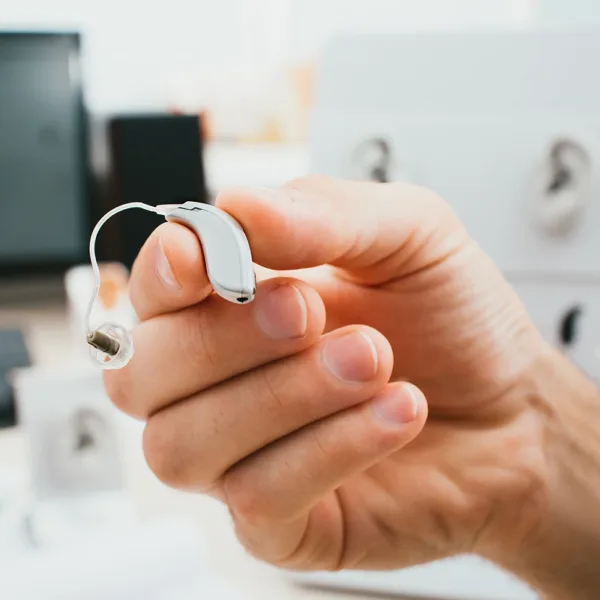
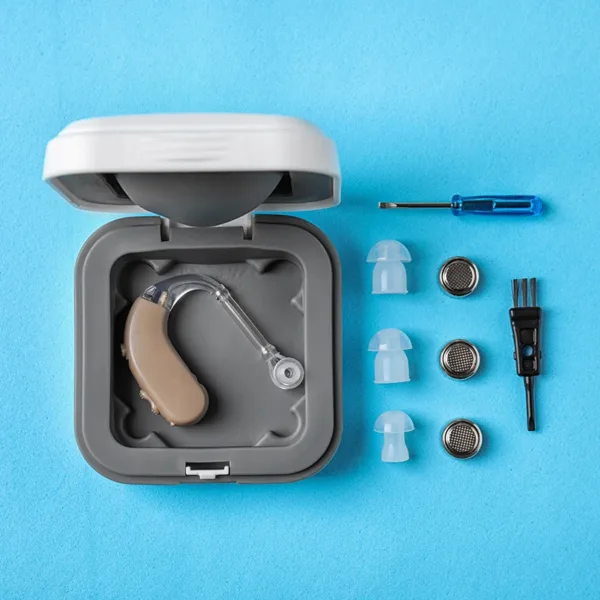
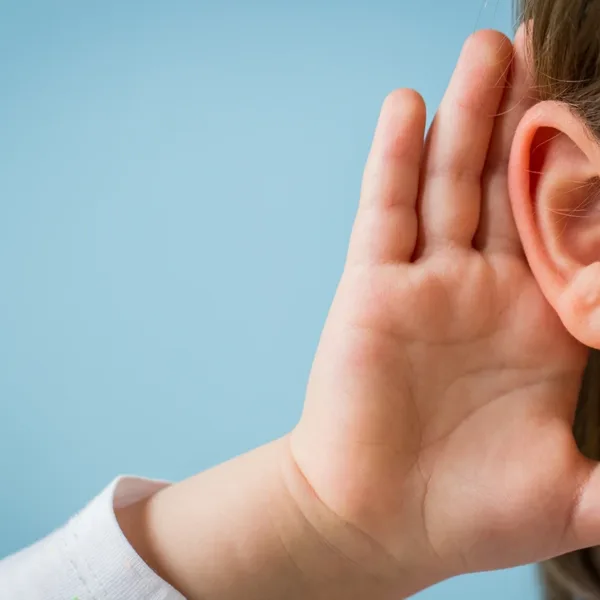



Have a question or Comment?